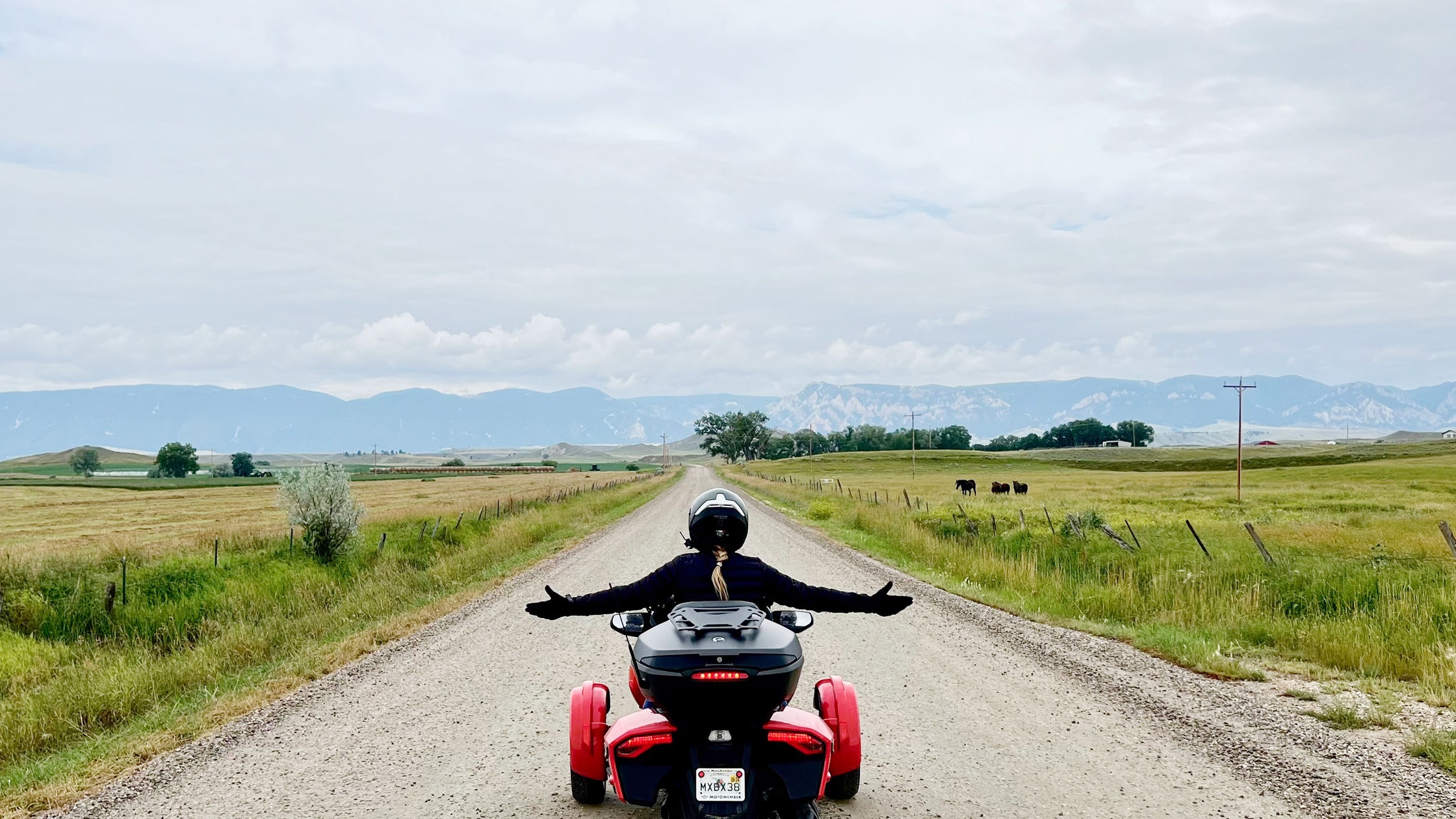10 Lessons Learned from Traveling with a Disability
This year marked 20 years since my life-altering injury. Before, travel equated to freedom. I yearned to throw on a backpack and wander into the world. After my injury, however, the concept of travel and its significance changed entirely. Robbed of the carefree whimsy of a student traveler, I became even more eager for adventure as a paraplegic; desperately seeking to explore the world beyond what I had experienced at age 18. This pursuit helped me rediscover my identity and place in the world.
However, as a wheelchair user, I faced enormous challenges—challenges so daunting they nearly deterred me altogether. Leaving the front door was intimidating, let alone navigating new environments and cultures. My wheelchair, while liberating, also brought barriers. People stared or even refused to acknowledge me. Steps and inaccessible buildings became concrete barricades along my path.
Two decades later, through perseverance and determination, I have mastered the art of travel, and now I feel the world—albeit adapted—can be mine for the taking. To commemorate my 20-year anniversary, I embarked on an epic cross-country adventure, riding a CanAm Spyder F3 from the east to west coast of the USA. Along this journey, I reflected on invaluable lessons learned from traveling with a disability that I would share with my younger self.
1. Learn to Advocate for Yourself
I meticulously planned my American road trip, but there was a considerable risk involved—flying as a wheelchair user always presents challenges. Initiatives aimed at improving disability rights on flights have raised awareness, yet my experiences of two broken wheelchairs in six months kept me cautious.
I arrived at the airport calm but prepared, armed with the guidelines for battery storage. When airport staff threatened to jeopardize my wheelchair’s attachment, I stood firm, and eventually, they agreed with my stance. Years of researching legislation have equipped me with a solid understanding of my rights.
2. Get Feisty
Upon my arrival at Dulles International Airport, I gathered my CanAm Spyder F3 and began exploring the city. This path took me to the iconic steps of the Capitol, a significant site for disabled activists. Each step taken reminds me of the importance of advocating for oneself and being assertive in demanding rights and respect.
3. Be Prepared to Get Creative
As I journeyed through West Virginia, I encountered issues with accommodation requests that didn’t meet my accessibility requirements. Improvisation became necessary, and I quickly learned that what is accessible can vary greatly. Living in a world not designed with disability in mind enhances problem-solving skills—necessity breeds creativity.
4. Accepting Help Doesn’t Mean Giving Up Freedom
Having my best friend accompany me in a support car gave me the courage needed when navigating the challenges of the trip. Accepting assistance didn’t lessen my feeling of independence. In fact, it reinforced the idea that freedom takes on varying forms, and working together with others enables a more enriching experience.
5. Seek Out Adaptations
Investing in assistive technology has transformed my travel experiences. From hand controls on rental cars to modifications on my bike, these adaptations have facilitated easier navigation, making it clear that advancing one’s relationship with disability can vastly improve life quality.
6. Trust in the Kindness of Strangers
Throughout my travels, I’ve encountered countless individuals willing to help. Such acts of kindness break down barriers instantly, demonstrating that the line between a stranger and a potential helper often blurs in times of need.
7. Follow in the Tracks of Other Disabled People
Connecting with other wheelchair users has opened up numerous opportunities for unique experiences, such as paragliding and mountain biking. Following the guidance of fellow travelers allows one to discover adventures previously thought unattainable.
8. Overcoming Stigma
Stigma is an insidious barrier that many encounter. Ignorance abounds, but how one responds can change perspectives. Approaching such situations with understanding can foster a more inclusive environment for all.
9. Select Your Destination Carefully
Not all destinations are equally accessible. Learning to navigate toward those that provide better access and friendly attitudes can significantly enhance the travel experience, allowing for richer adventures amidst a supportive environment.
10. Adventure is Possible
Riding across America was once a distant dream, yet here I am, empowered after a remarkable 4,500-mile journey. Adventure takes many forms; adapting them to one’s needs opens a world of possibilities beyond imagination.
In conclusion, whether it involves advocating for rights, embracing creativity, or relying on the kindness of others, travelers with disabilities can forge paths filled with exhilarating experiences. Embrace the journey ahead with conviction and courage.




